What can oversleeping do to you?
First of all, you must be wondering whether people really do get enough sleep that they must worry about oversleeping. While an average person invests 33% of his lifetime in sleeping, people often complain about being deprived of sleep leading to various difficulties such as lack of concentration at work, being moody, daydreaming, gulping down an extra meal, missing spouse’s birthday, etc.
However, do you suppose that sleeping a bit too much could put your life at stake? Yes, it could! Let’s find out how.
What’s up, fatty?
Sure, you don’t want your colleagues to call you that. Then why oversleep? Obesity is such a bad thing for you that it not only stands as an individual condition but also cordially welcomes other perilous conditions like osteoarthritis, high blood pressure, gallbladder diseases, breathing conditions, and heart problems.
You may feel that sleeping a little above 8 hours can do no harm to your body, but unfortunately, it does. If you extend your sleep to 9-10 hours, you would 21% more likely be carrying that 20% extra weight obesity offers you free of charge over a 6-year period than your friends who followed the standard sleep chart of 7-8 hours of sleep daily. Further adding to that, this ratio remained the same even after taking into account the percentage of exercise and food intake.
You might sleep forever!
There is no precise reason for this – but, it is researched that people who liked staying in bed more than the standard sleep hours have considerably higher death rates than those who refused to stick to their beds for long hours. Multiple studies also point out relatively poor socioeconomic status and blame depression for people taking up a longer sleep. Researchers have also thrown a wild guess at these factors for finding a relation with observed growth in death rate among people who tend to oversleep.
Looking at these statistics, you just might change your mindset and believe that life is so much more than just hitting the bed.
Seems like you have a heart for heart disorders
At least the newest research says that. You must have read about men being at a higher risk of having heart attacks than women. Well, University of Cambridge’s Department of Public Health and Primary Care in the UK finds out that there is a 46% of greater than average risk of stroke for people, whether male or female, who get themselves more than 8 hours of sleep. For your information, this survey involved more than 9,000 people.
Read it from the experts’ mouths:
Yue Leng, University of Cambridge –
“It is more likely that extended sleep duration could serve as an early warning sign of increased stroke risk, particularly in older people. In any case, the finding should not be interpreted as ‘restrict sleep duration so as to cut stroke risk’.”
Dr. Alberto Ramos, University of Miami Miller School of Medicine –
“Since people whose sleep patterns changed from short to long were nearly four times as likely to have a stroke, it’s possible that this could serve as an early warning sign, suggesting the need for additional tests or for people to take steps known to reduce stroke risk, such as lowering blood pressure and cholesterol.”
It could be ‘everyday blues’, not just ‘Monday blues’
Yes, it’s true that insomnia or lack of sleep has more commonly to do with depression, but round about 15% of people get depressive thoughts because of oversleeping. Meaning, crossing those 8 hours in your bed could get you depressed the next morning. You see, the recovery process of your body needs support from your regular or proper sleep habits. On the contrary, a leading medical website estimates that sleep deprivation could possibly work as an antidepressant.
So, it’s not too little or too much sleep, but appropriate sleep if you don’t want to see yourself mourning on a Monday morning.
You may be banging your head against a wall
…because of headache! It’s the fluctuation of serotonin and other certain neurotransmitters in the brain that produces headaches when the person oversleeps. This is one of the hostile side effects of oversleeping on the brain. It may also take a vindictive manifestation of migraine. The disruption of nighttime sleep by dozing off the entire day has resulted into headaches for many people on the following day.
The doctor may declare you as ‘too sweet’
Though sleeping too much is not shown to cause diabetes, nearly 50% people who like breaking the sleep standards, according to the studies of American scientists, are expected to suffer from increased glucose levels.
Your next morning hangover could be due to sleep drunkenness
‘Confusional arousal’ as they define it, sleep drunkenness is probably a new term for you, not if you understand this. You might pick up your phone to answer instead of pushing the alarm button to switch it off if you wake up confused and lost – that’s called sleep drunkenness.
Centers for Disease Control and Prevention (CDC) in the United States has found out that long sleepers have often complained about poor mental health as a result of regular mental distress.
Now, doctors recommend “against” resting sleeping more
Maintaining a certain level of activity has some health benefits. It’s not just about taking enough sleep. Your body does need activity. Even doctors have realized it. That’s why they prescribe you a regular exercise program apart from getting rest. People experiencing lower back pain are recommended to be as active as they possibly can than just lying on bed all the day.
You might be a sleepy head at your workplace
What an awful sight would it be if you doze off during a business meeting with your boss? Might cost you the job as well. It’s called hypersomnia. Apart from being a sleepy head at inappropriate timings, you could very well suffer from loss of appetite and anxiety.
So, how much sleep is not too much sleep?
Just follow the chart:
Newborns (0-3 months): 14-17 hours/day
Infants (4-11 months): 12-15 hours/day
Toddlers (1-2 years): 11-14 hours/day
Preschool children (3-5 years): 10-13 hours/day
School children (6-13 years): 9-11 hours/day
Teenagers (14-17 years): 8-10 hours/day
Younger adults (18-25 years): 7-9 hours/day
Adults (26-64): 7-9 hours/day
Older adults (65 years and above): 7-8 hours/day

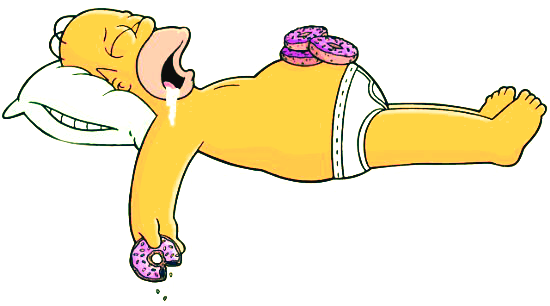



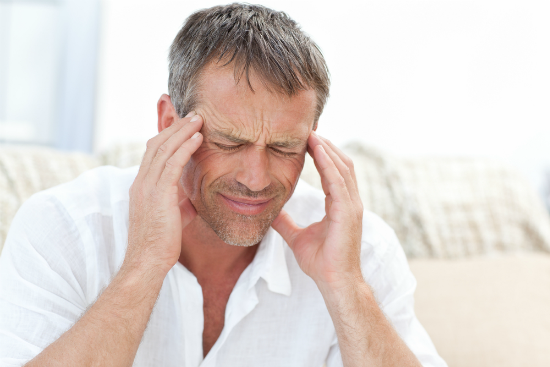
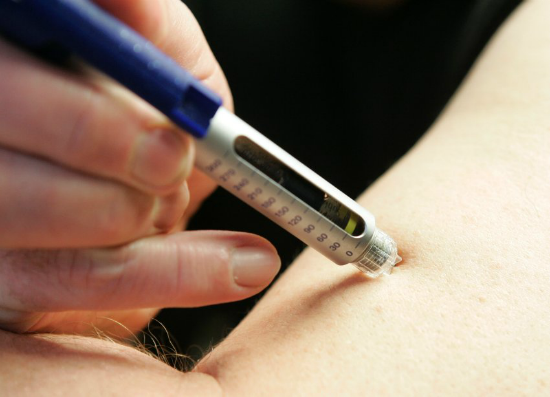
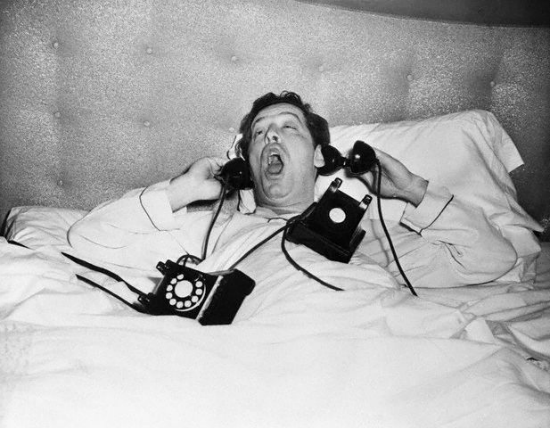

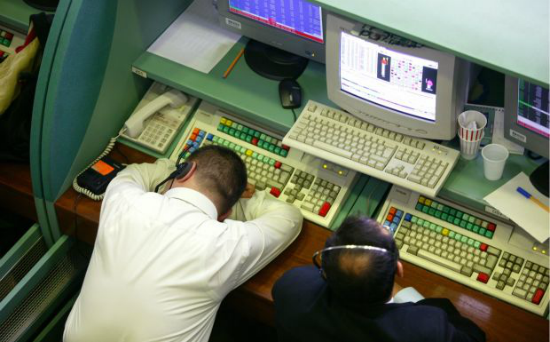

I am suffering from this problem,please tell me about this.